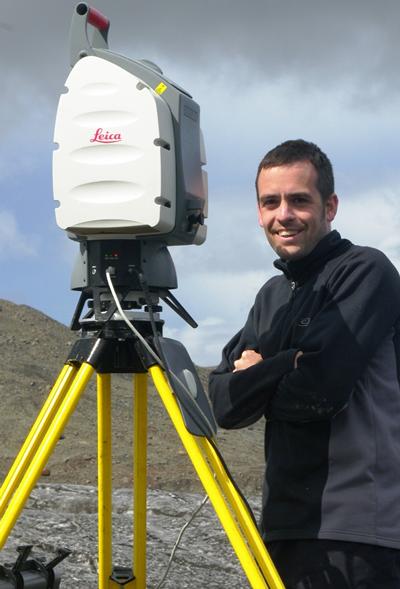Dr Julian Leyland
Associate Professor in Physical Geography, Director of Resources and Infrastructure,Director of ES@S facility

- Related links
- Personal homepage
Dr Julian Leyland is a Associate Professor in Physical Geography within Geography and Environmental Science at the University of Southampton.
He is the director of the Environmental Sensing @ Southampton (ES@S) facility.
Web of Science Researcher ID: Researcher ID: J-4738-2012
Qualifications
I received my undergraduate degree in Geography from the University of Southampton in 2004 and my PhD in January 2009.
Employment:
2018 - present: Associate Professor in Physical Geography, University of Southampton
2012 - 2018: Lecturer in Physical Geography, University of Southampton
2011 - 2012: RCUK Academic Fellow, University of Southampton
2009 - 2011: Geocomputational Specialist, University of Southampton